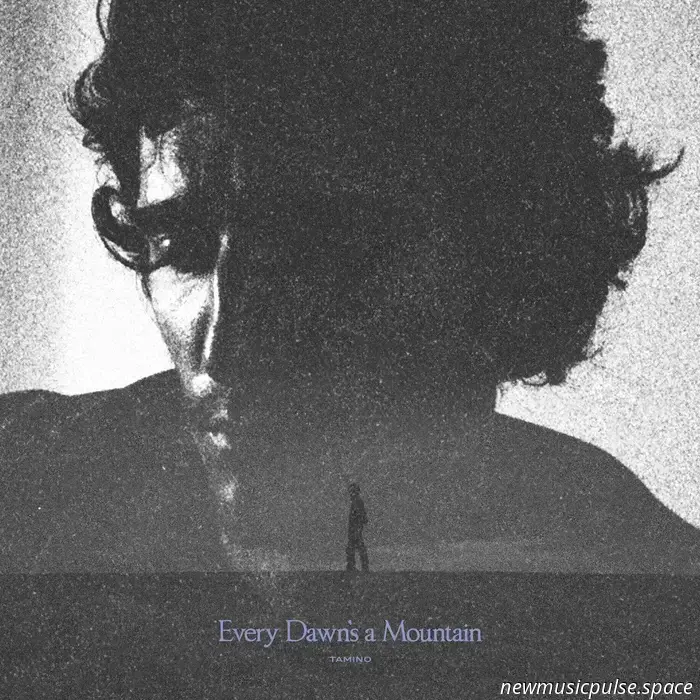
The Belgian-Egyptian artist's third collection refines the practice of soul-searching as a ritual and rite.
Tamino emerges as a nuanced musical force in his third album, ‘Every Dawn’s A Mountain’. Developed across various locations—including his New York City apartment, a church in New Orleans, a studio in Brussels, and hotel rooms while touring—this ten-track LP captures a sound and vision that transcends cultures and continents. It reflects the culmination of years of musical dedication, performance, and personal experiences, showcasing Tamino at his most impactful. Discussing the title and his creative process, Tamino explains, “‘Every Dawn’s a Mountain’ felt like the only fitting choice, as these words encapsulate the essence of the album, supporting and enveloping it with their simplicity and duality. My creative process, whether in writing or recording, often resembles a challenging revelation rather than merely filling in pre-defined outlines.”
Following 2022’s ‘Sahar’, Tamino collaborated again with longtime partner PJ Maertens for this guitar and Arabic oud-driven project. A notable addition is his collaboration with Mitski, who contributes her vocals to the track ‘Sanctuary’. Their call-and-response harmonies and the tonal contrast between their voices cut through the atmosphere, delivering poignant lines such as, “Do you ache through your fight (Do you ache through your fight) / To keep the past alive / Does it still let you down.”
The album begins with ‘My Heroine’, a lullaby-like piece set to a gentle, uncomplicated acoustic guitar arrangement. This transitions to ‘Babylon’, which opens with Tamino’s characteristic ethereal drone and swiftly builds to a soaring crescendo, showcasing his remarkable three-octave vocal range. ‘Raven’ pays homage to Tamino’s heritage, utilizing Egyptian scales and soft vocals. Another standout is the title track, which starts with herminous harmonies sampled from a Belgian choir performing an old Flemish polyphonic piece, gradually evolving into a gently plucked guitar melody. It encapsulates the album's core themes: reflective lyrics of heartbreak and sorrow, a blend of European and Middle Eastern influences, intricate production, and seamless vocal performances.
A key highlight of the album is ‘Dissolve’. This nearly seven-minute piece features evocative lyrics, each infused with heartfelt vocal nuances. Tamino employs his voice as an instrument to intensify already poignant observations: “An alienated baby / Picking the street side daisies / King of a foreign country / Begging for crumbs in the city.” The song subtly critiques a chaotic world devoid of meaning, blurring the lines between dawns. Tamino also released a live version of ‘Dissolve’ that includes the sounds of nighttime New York, enhancing its emotional impact.
The album concludes with ‘Amsterdam’, a tribute to Tamino’s former home, commemorating his time at the Amsterdam Royal Conservatory. The song begins with a muffled train announcement, and in his signature style, Amsterdam embodies the character of an old lover. Tamino reflects on his past home with a nostalgic tone: “Oh Amsterdam would hold on for eight years / And when I came we dried her ocean tears.” The track pays homage to, explores, and releases Tamino’s history, carrying a message that signifies both a farewell to the past and a yearning for what lies ahead.
8/10
Words: Melvin Boateng
—
‘Every Dawn’s A Mountain’ will be released this Friday.
—
Stay updated with the latest music, fashion, and film news by joining the Clash mailing list.
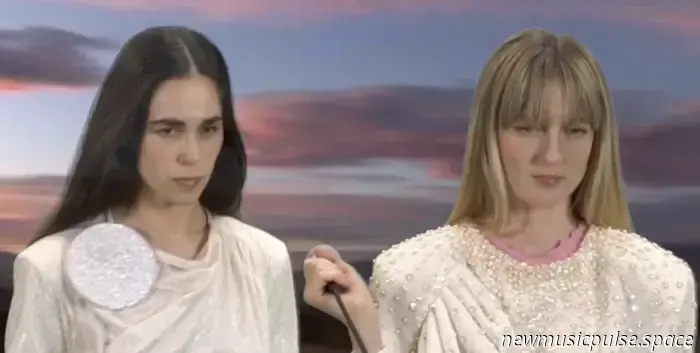
The Norwegian duo Smerz, consisting of Henriette Motzfeldt and Catharina Stoltenberg, is set to launch their second album, 'Big City Life,’ on May 23rd through Escho.
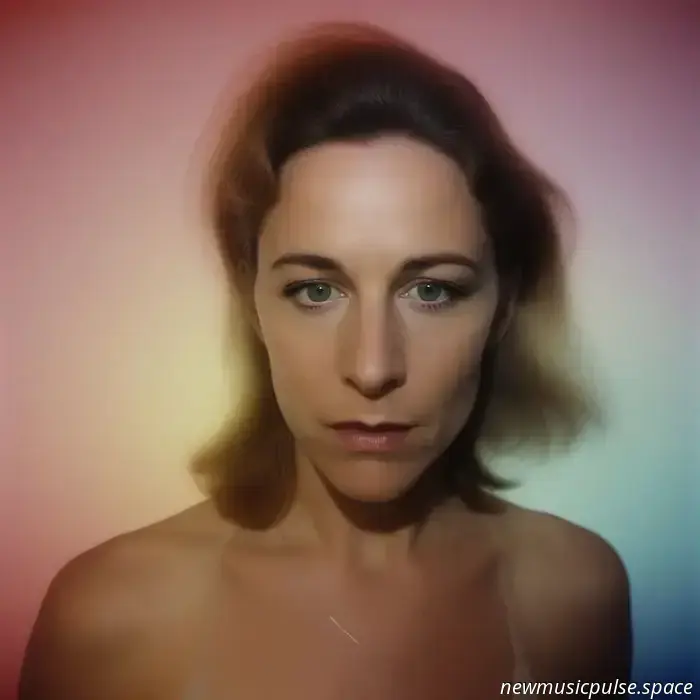
Uche is establishing himself as a versatile artist. He directs his own music videos and has a keen interest in fashion, aiming to go beyond the confines of Trap and Hip Hop in search of something even more significant. Having grown up between Nigeria and Chicago, he has been influenced by a diverse range of musical styles, leading up to his upcoming project, ‘How To Die’, set to be followed by ‘How To Live’ later this Spring. This blend of contrasting perspectives reflects Uche’s vision, a trait he values greatly. Before the launch of ‘How To Die’, I had the chance to meet Uche in West London during his extended creative stay in the UK, where he participated in sessions at NTS Radio and collaborated with some of London’s most exciting artists. In this conversation with CLASH, he discussed his diverse upbringing, the impact of Lil Wayne, and his artistic growth throughout his emerging career. — — What are your earliest musical memories? My earliest recollections of music stem from singing in a choir in Nigeria, at All Saints Church, where I was one of the youngest members. I believe I was around five or six at the time. Coming from a musical family, I was always surrounded by music. I learned to sight-read music early on and would often listen to various artists at home, including Whitney Houston, Boyz II Men, Rod Stewart, The Temptations, and Michael Jackson. We were surrounded by music from such an early age that I can't remember a time when we weren't engaged with it. Even watching films like The Sound of Music, we were consistently immersed in music. How many people are in your family? I have three brothers but primarily grew up with my aunties – my aunt and uncle in Nigeria. There were three of us: me, my younger brother, and their daughter. They formed the core foundation of my upbringing. Several events influenced me throughout this period, but I would say they deserve at least 70% of the credit for shaping who I became and my musical influences. Growing up between Chicago and Nigeria, how do you think those two places have shaped your art? I believe I gained my wings in Chicago. It’s a challenging place to be recognized as talented; it’s not sufficient to just be good – you must consistently excel and push boundaries to create something unique. Chicago is a breeding ground for such talent. It taught me to be confident, bold, and to understand how to manage what I have and present it to the world. Lagos taught me about the origins of music, its significance, and how it can influence and resonate with people. However, Chicago definitely showcased how to wield my talents and face challenges head-on. — — Chicago boasts a rich musical history that has significantly influenced rap and hip-hop, from Kanye West to the Drill movement. How do you see your music fitting into that landscape? I consider myself a student of the craft and strive to master it. Kanye stands out, but I’ve also been inspired by artists like Common, Lupe, and even current figures like Mick Jenkins. Additionally, observing the rise of the Drill scene with artists like Sosa, G Herbo, and Durk has opened doors for those around my age or slightly older. I think my music embodies all of that because I’ve experienced both worlds. I understand music from a technical perspective thanks to my early sight-reading and choir experience, while also having my upbringing in the West Side of Chicago, immersed in the culture there. When I was younger, it was challenging for me to articulate those dual experiences due to the contrasting influences. My theoretical knowledge clashed with my lived experiences, but I now believe I reflect both sides and can communicate that clearly. Who taught you to sight-read? I learned as a child in Nigeria, where it was almost a requirement for choir admission. Although I’m not as proficient now as I used to be, we were taught music reading skills and were placed in front of the piano with sheet music to play and sing. Music has been part of your life for a long time, but when do you think Uche the artist started to emerge? I think that began when I moved to America. Initially, music felt imposed on us, and I didn’t enjoy it as a child. There were times, especially without reliable electricity in Nigeria, when I preferred to watch cartoons while my cousin opted to watch music videos, which I found off-putting. However, when I arrived in America at 12, I heard 'Mrs. Officer' by Lil Wayne, and it was my first encounter with rap. That moment sparked something in me. I was intrigued and thought, “Why does he sound like that? What makes this so cool?” From that point, I began exploring my creativity through freestyling and discovering where I fit within the musical landscape. So, definitely, Lil Wayne's 'Mrs. Officer' was a pivotal moment for me. Who else from that era inspired you
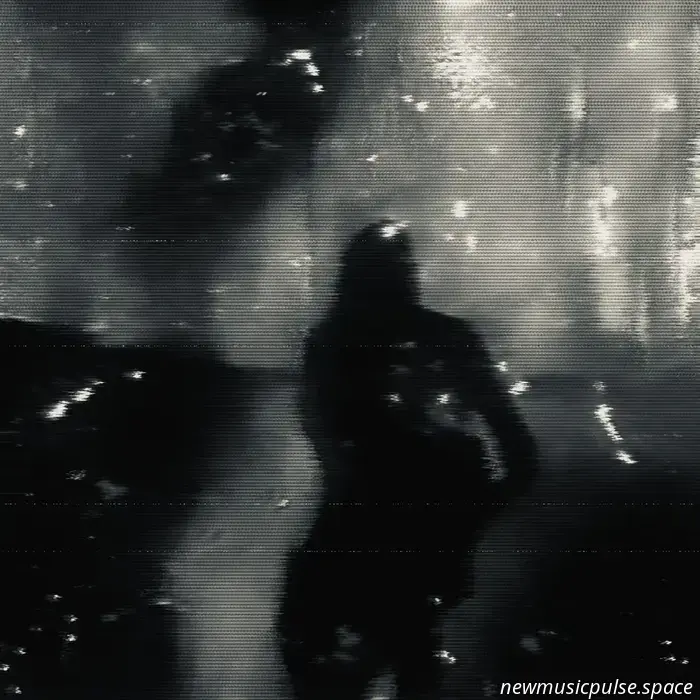
X Revolution is making a comeback with his latest single, 'VOW OF SILENCE.' This energetic and high-speed release from the Australian artist delivers
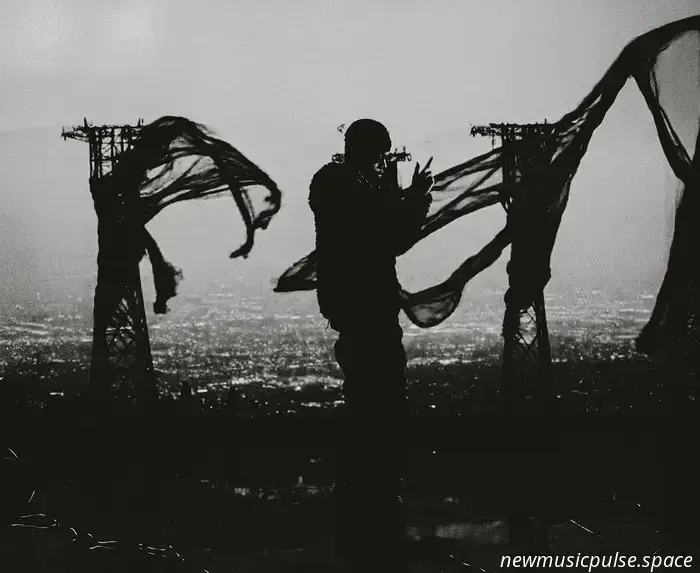
Uche is establishing his unique identity as a versatile artist. By directing his own music videos and showing a keen passion for fashion, he is someone who
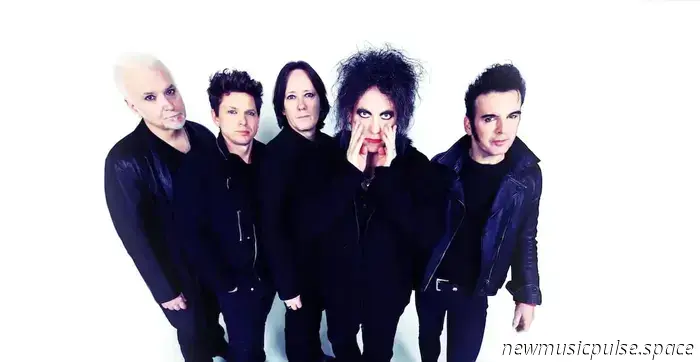
Robert Smith of The Cure is scheduled to curate the Teenage Cancer Trust shows in 2026. This annual concert series will take place at London's iconic Royal Albert Hall.
Joseph Futak, a creator from South East London, has released a new song titled 'The Stranger'. The musician's background is intertwined with the diverse DIY networks that span across South.
Tamino showcases his exceptional musical talent on his third album, ‘Every Dawn’s A Mountain.’ Created across various settings and locations—primarily in his New